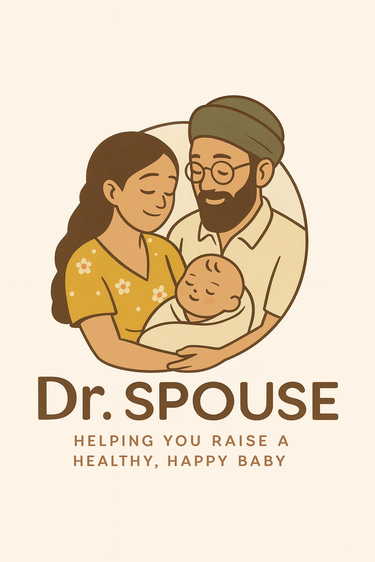Why Baby Sleep Isn’t Just About Sleep
How newborn sleep supports brain development and emotional regulation
Ask any new parent what their #1 challenge is, and most will say one word: sleep.
But what many people don’t realize is this—sleep isn’t just about getting rest. For babies, sleep is directly tied to how they eat, grow, and learn.
When babies sleep, their brains are hard at work processing everything from faces to feelings to feeds. That’s why consistent sleep is one of the most powerful tools for development.
Here’s what I wish I knew earlier in our sleep journey:
1. Sleep Is a Developmental Skill
Newborns don’t know how to fall asleep on their own—it’s something they learn. Expect irregular sleep patterns at first. Over time, their bodies begin to develop natural rhythms.
2. Wake Windows Are Everything
Understanding how long your baby can be awake before getting overtired is key. Too short, and they’ll fight naps. Too long, and they’ll crash in frustration.
A few examples:
• 0–6 weeks: 45–60 minutes
• 2–3 months: 75–90 minutes
• 4–6 months: 90–120 minutes
3. Sleep Cues Are Subtle (But Powerful)
Rubbing eyes, zoning out, turning their head away, or losing interest in playtime—these are early signs your baby needs rest. Catching these cues early can help avoid overtired meltdowns.
4. Feeding Impacts Sleep Quality
Full daytime feeds mean fewer nighttime wakeups. Spacing out feeds and ensuring calm, distraction-free feeding during the day can support longer stretches at night.
5. Consistency Builds Security
A simple wind-down routine (dim lights, soft music, quiet cuddles) can become a sleep signal your baby begins to recognize and trust.
Good sleep isn’t about perfection. It’s about patterns.
Once I learned to look at sleep through the lens of development—not just exhaustion—everything shifted. I stopped stressing about how long naps were and started focusing on why certain patterns were happening.
If sleep is feeling like a never-ending struggle, know this: it’s not about fixing your baby. It’s about understanding them.
Need help figuring out your baby’s sleep rhythm by age?
I created a helpful breakdown of sleep cues, wake windows, and bedtime tips from 0–12 months. You can find it on our product page
